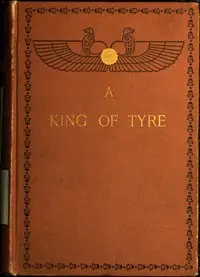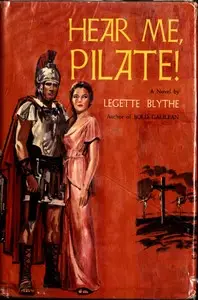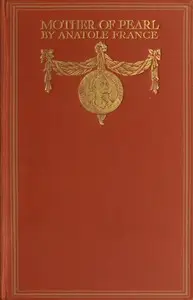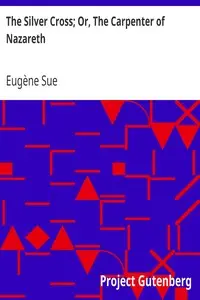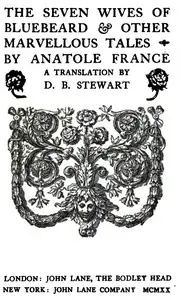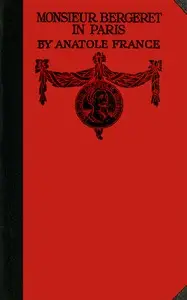"The Procurator of Judea" by Anatole France is a historical novel that follows the life of Aelius Lamia, a Roman noble in exile, and his reunion with Pontius Pilate, the former Roman governor of Judea. Set in the ancient Roman Empire, the story examines ideas about power, how governments work, and the cultural clashes between Romans and Jewish people during that time. Lamia meets Pilate in Baiae, and they begin to remember their past experiences in Judea. Pilate tells Lamia about the troubles he had governing the often rebellious Jewish people and the political schemes that caused him to lose his position. Their conversations touch on the difficulties of governing different groups of people, with Lamia suggesting understanding and kindness, while Pilate expresses his anger and bitterness. They reflect on deeper questions about leadership, culture, and their own lives. Lamia remembers a Jewish woman he admired, who had a connection to a recently crucified Jesus, showing how their lives were linked to the important historical changes happening at the time. The novel uses real historical characters and events to make the reader think about authority, morality, and what it means to be human.

The Procurator of Judea
By Anatole France
Amidst the vast Roman Empire, a chance reunion sparks a poignant reflection on power, justice, and a forgotten encounter with a man named Jesus.
Genres
Released
2019-02-26
Formats
epub (images)
mobi
epub3 (images)
mobi (images)
epub
txt
Free Download
Summary
About the AuthorAnatole France was a French poet, journalist, and novelist with several best-sellers. Ironic and skeptical, he was considered in his day the ideal French man of letters. He was a member of the Académie Française, and won the 1921 Nobel Prize in Literature "in recognition of his brilliant literary achievements, characterized as they are by a nobility of style, a profound human sympathy, grace, and a true Gallic temperament".
Anatole France was a French poet, journalist, and novelist with several best-sellers. Ironic and skeptical, he was considered in his day the ideal French man of letters. He was a member of the Académie Française, and won the 1921 Nobel Prize in Literature "in recognition of his brilliant literary achievements, characterized as they are by a nobility of style, a profound human sympathy, grace, and a true Gallic temperament".
Total Reviews
10.0k
Total reviews from Goodreads may change



